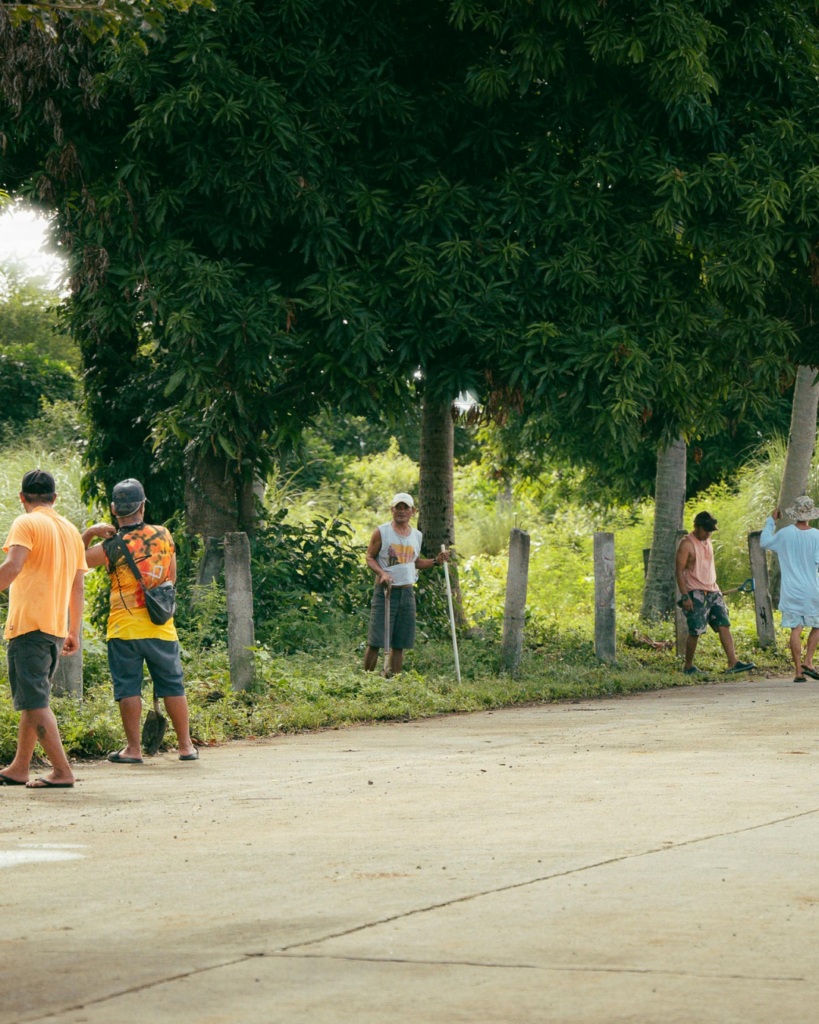
What is Decoloniality?
It is a way for us to re-learn knowledge that has been cast aside, forgotten, buried, and discredited. Decoloniality is not singular. It seeks to restore, elevate, renew, rediscover, and validate the multiplicity of lives, culture and knowledge of Indigenous people, people of colour and colonised people to decentre cis- heteronormativity, gender, class and racial privilege.
It is not just about where you’re from, but what stories, ideas, and narratives you have that challenge mainstream ideas, fuelled by Western knowledge.
Why Decoloniality?
Western culture encompasses the social norms, knowledge systems, values, customs, and economic and political structures associated with the West. Through colonial histories and entrenched power dynamics, Western values and knowledge systems have come to dominate global spaces, normalising the hegemony of Western modernity over much of the Global South.
We believe it’s time to challenge and change that.
The Western ideal of a neoliberal, capitalist-driven world has proven unsustainable and inequitable. We want to amplify voices that offer alternatives—perspectives that envision a world beyond the status quo. We believe the world we live in is transformable, and we want to hear from those who share that vision and are reimagining the possibilities.
We want to change that.
The Western ideal of a neoliberal, capitalist-driven world does not work. We want to hear from people who have alternatives and view the world differently. Believing the world we currently live in is transformable.
Who gets to be Decolonial?
Anyone can be decolonial. All that’s needed is a desire to challenge mainstream ideas that mainly stem from the West.
It is about appreciating and interacting with the knowledge that has been pushed aside, forgotten or discredited by the forces of modernity, settler colonialism, and racial capitalism.
The content we are looking for
How to submit
We're looking for photography, art, articles, reviews, fiction, Instagram post collaborations and articles.
Guidelines for Articles:
It must be a word document so that it can be edited. Send it as an attachment to the email, not in the email itself.
The word limit is 1500 words. Longer submissions will only be considered in special circumstances; kindly email us if you have any concerns.
Lines should be double-spaced, and pages numbered.
The work's title should also be included in the document, although this may be altered.
If you want to be named author, include your full name and an optional 20–30-word bio on yourself.
Include any images, videos, songs and clips you want to be included in the email. Be careful around copyrighted pictures.
Please send all contributions to: submissions@decolonialthoughts.com with the title 'Submission for the Culture Page'. We accept submissions for this page on a rolling basis.
- For all other content forms, kindly email submissions@decolonialthoughts.com with the title 'Submissions for the Culture Page'. Kindly make sure all files are sent in high-quality.
We are looking for relatable and accessible decolonial content that not only informs but also keeps readers engaged.
We welcome submissions in a variety of forms, including written articles, photography, illustrations, video content, poetry, and other creative expressions. Whether your work explores climate change, feminism, democracy, religion, political analysis, art and film reviews, or opinion pieces, we’re eager to see your perspective.
While we are flexible with writing and referencing styles, we require all submissions to include appropriate references—whether through hyperlinks, footnotes, or citations. Please ensure your work adheres to the following guidelines:
- No copyright infringement: Submissions must be original or include permissions for any copyrighted material used.
- No plagiarism: All work should be your own or properly credited to its original creator.
- Respectful and ethical storytelling: Ensure that your work does not promote hate speech, discrimination, or misinformation.
When tackling heavier subjects, strive to make your content informative and easy to understand. This doesn’t mean being overly casual—clear, concise, and engaging writing or presentation is what we’re after.
We value diversity and inclusivity, so don’t worry if your interests feel niche. Whether you have an untold story, a thought-provoking perspective, or an inspiring creation, we want to hear from you!
Editing
We will edit your work; it is part of the process. However, it is a process you will be a part of to ensure the meaning of your work is not lost.
Payment
We currently do not pay for submissions but will provide a platform for your work to be appreciated. If you do get published, please share your work widely. The more you share it, the more traffic it will get.
